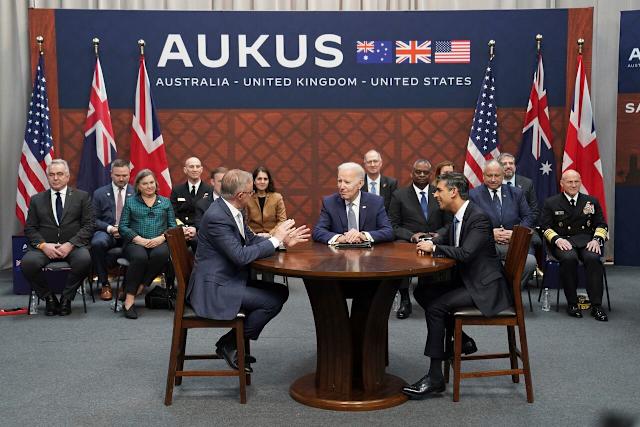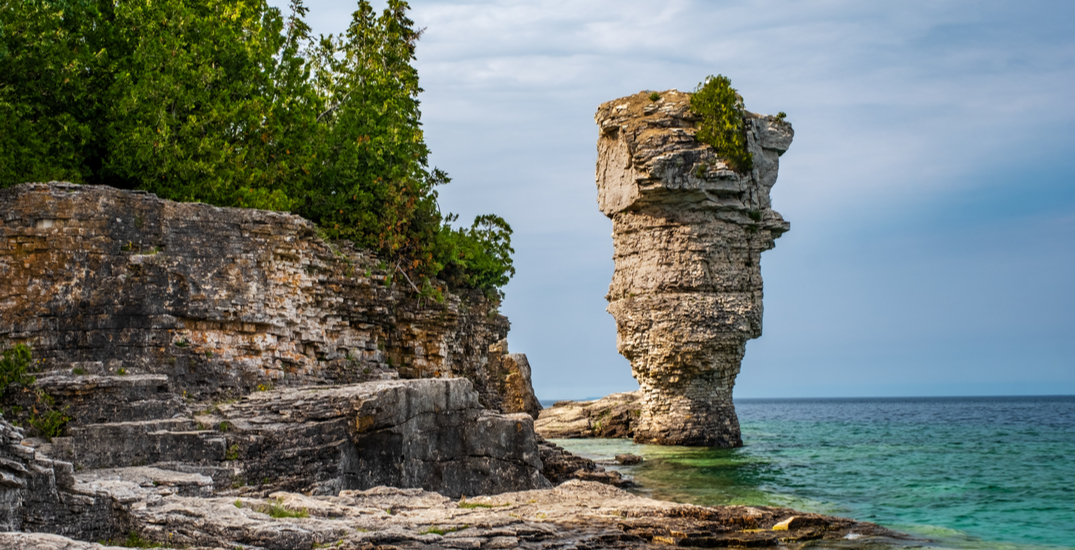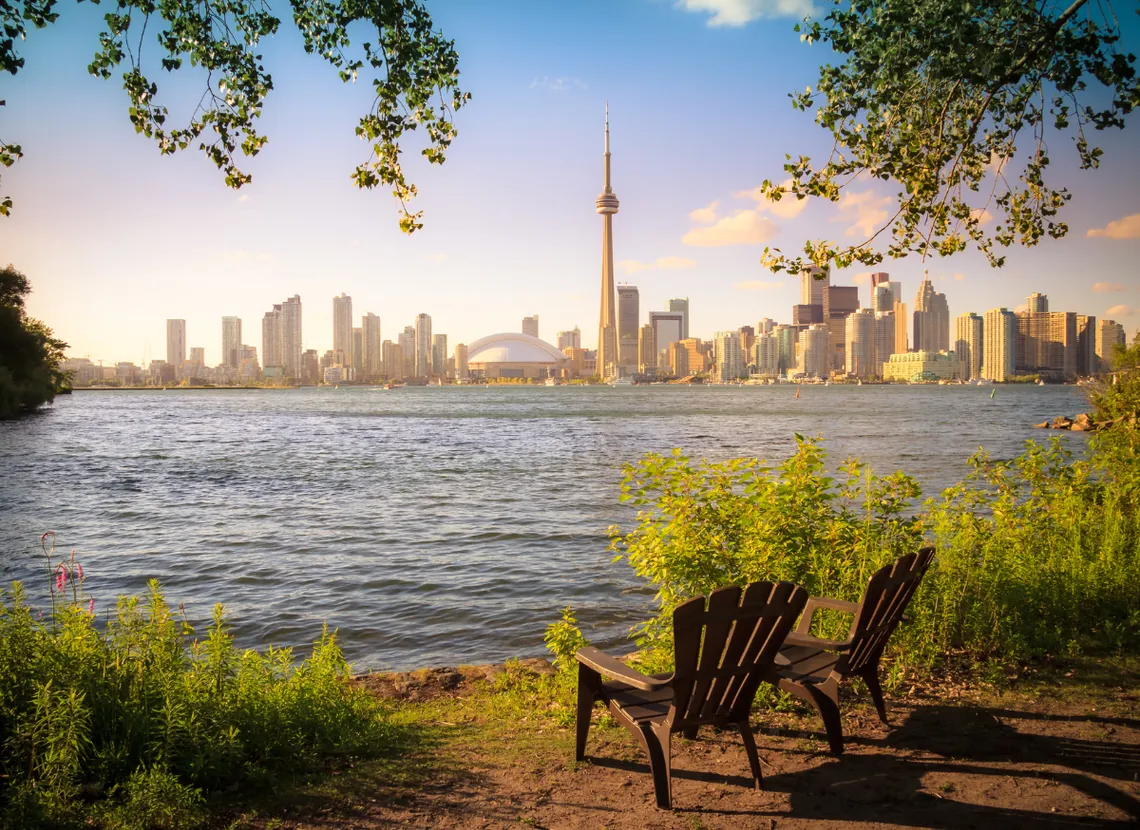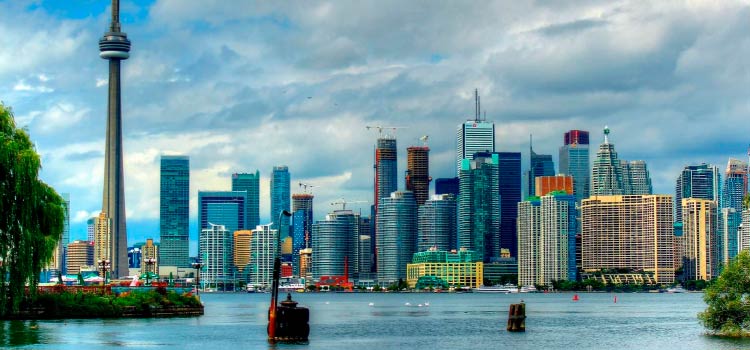The Canada-U.S. relationship has hit its lowest point in over a century, with President Donald Trump’s ongoing threats to damage Canada’s economy and challenge its sovereignty. As the U.S. drifts away from its position as Canada’s most reliable partner, Canadian leaders are now seeking to strengthen ties with other like-minded nations, particularly those in the Commonwealth, such as Australia, New Zealand, and the United Kingdom.
Advocates of a “CANZUK” alliance suggest that now is the perfect moment for Canada to shift its focus. They argue that Canada’s political leaders should quickly bolster trade relations, explore joint military integration, and pursue mobility rights to reduce the country’s reliance on a more volatile U.S. partner.
The four Commonwealth nations could form a powerful bloc, with a combined GDP of around $6.5 trillion and the world’s third-largest military. This coalition could serve as a buffer against the turbulence caused by Trump’s political volatility, according to James Skinner, CEO of CANZUK International, a group advocating for closer Commonwealth relations.
Skinner sees Trump’s tariff threats and his rhetoric about annexing Canada as “shameful” and argues that the strained relationship presents a golden opportunity for Canada to look to its historical allies abroad. “We share a common language, deep familial ties, and we’ve fought together in wars,” Skinner explained. “This is the perfect moment for Canada to explore a partnership with Australia, New Zealand, and the U.K., so we’re not left in a situation where the U.S. holds all the cards.”
Growing Support for CANZUK
Former Conservative leader Erin O’Toole, a long-time supporter of CANZUK, is lending his voice to the push for closer ties, urging for freer trade, stronger security connections, and the free movement of people between the four countries. “Why wouldn’t we want this? These are our closest friends and allies,” he said in an interview.
With the U.S. retreating on the global stage, O’Toole believes the time is right for the Commonwealth nations to step up and form a more cohesive partnership. “Other democratic countries need to fill the void left by the U.S.,” he added.
However, Canada’s relationship with the Commonwealth has often been less than ideal in recent decades. After the Second World War, Canada distanced itself from Britain, especially after negotiating a free trade deal with the U.S. in the 1980s. And there have been signs of strain between these English-speaking nations, all of which share similar political and legal structures and recognize King Charles as head of state.
For instance, the U.K. recently halted trade negotiations with Canada over a disagreement about cheese, while New Zealand and Canada are involved in a trade dispute over dairy products, with New Zealand taking the issue to the Comprehensive and Progressive Agreement for Trans-Pacific Partnership (CPTPP) tribunal. Australia has also accused Canada of dumping low-priced milk products on the global market.
Tensions and Challenges to Overcome
Adding to the tensions, Canada was excluded from a crucial defense pact between Australia, the U.K., and the U.S. Prime Minister Justin Trudeau, a regular presence at international summits, was also notably absent from the most recent Commonwealth heads of government meeting in Samoa.
Andrew Percy, a former British trade envoy and MP who now resides in Vancouver, believes that forming a CANZUK alliance makes perfect sense in light of Trump’s actions. However, he notes that challenges remain. “It’s easy to say, but the devil is in the details,” Percy said. While Canada and the Commonwealth nations talk about diversifying trade relationships, they all impose non-tariff trade barriers, particularly around agricultural products.
Canada’s reluctance to support the U.K.’s accession to the CPTPP is a significant example of the obstacles standing in the way of smoother trade. “It’s easy to talk about CANZUK as an idea, but the reality is that we all have competing interests and different political leanings. The challenge will be working out a compromise,” Percy warned.
Signs of Change in Canada’s Approach
Despite these hurdles, Canada’s leaders are showing signs of readiness to engage more closely with the Commonwealth. In the past month, Canada has taken steps to strengthen its relationships with its Commonwealth partners as its ties with the U.S. continue to fray.
International Trade Minister Mary Ng led a large Canadian trade mission to Australia, where she emphasized the thriving partnership between the two nations, grounded in shared democratic values and Commonwealth heritage. “Our partnership is thriving,” Ng said after her meetings in Australia.
Foreign Affairs Minister Mélanie Joly recently visited the U.K. to strengthen bilateral relations, particularly in light of Trump’s decreasing support for Ukraine. “Now, more than ever, we need to be close to the U.K.,” Joly remarked after her trip.
Trudeau has also been active in connecting with British leaders. In the last three weeks, he held two phone calls with British Prime Minister Keir Starmer, discussing the importance of economic security and stability, and committed to advancing trade relations between the two countries.
Political Will to Move Away from U.S. Dependence
This new direction is not just a government priority. Former Bank of England Governor Mark Carney, a candidate for Liberal leadership, has also voiced support for a shift toward the Commonwealth. “We’re friends with our neighbors, but now they’re just neighbors. It’s time for Canada to diversify its trading relationships and strengthen ties with Europe and the U.K.,” Carney said at a recent rally.
Similarly, Frank Baylis, another Liberal leadership hopeful, advocates for a bold CANZUK initiative, proposing the formation of a new economic bloc among the four nations.
A spokesperson for Conservative Leader Pierre Poilievre also echoed these sentiments, stating that a future Conservative government would prioritize deeper cooperation with like-minded allies following what they view as the Liberals’ failure to ensure Canada’s security and autonomy in the face of American dominance.
At both Liberal and Conservative policy conventions, support for a CANZUK alliance has been strong, with delegates expressing a desire for Canada to lead in bringing down barriers between the four nations. O’Toole, who campaigned heavily for CANZUK during his time as Conservative leader, believes the initiative has significant support, especially among younger people.
“We need leadership to make this happen. There’s a willingness in each of the four countries to make it work,” he said. “The more we collaborate, the better it will be for the world.”
While the U.K. and U.S. are currently at odds, it’s clear that Canada’s future, along with its Commonwealth partners, may lie in strengthening these historic bonds rather than relying solely on a shaky relationship with the U.S.







